Bitcoin, Ether, Ripple, Litecoin ... the 10 crypto coins to know
Bitcoin and crypto currencies are attracting increasing interest, both for the technology on which they are based, the blockchain, and for the potential profits it promises.
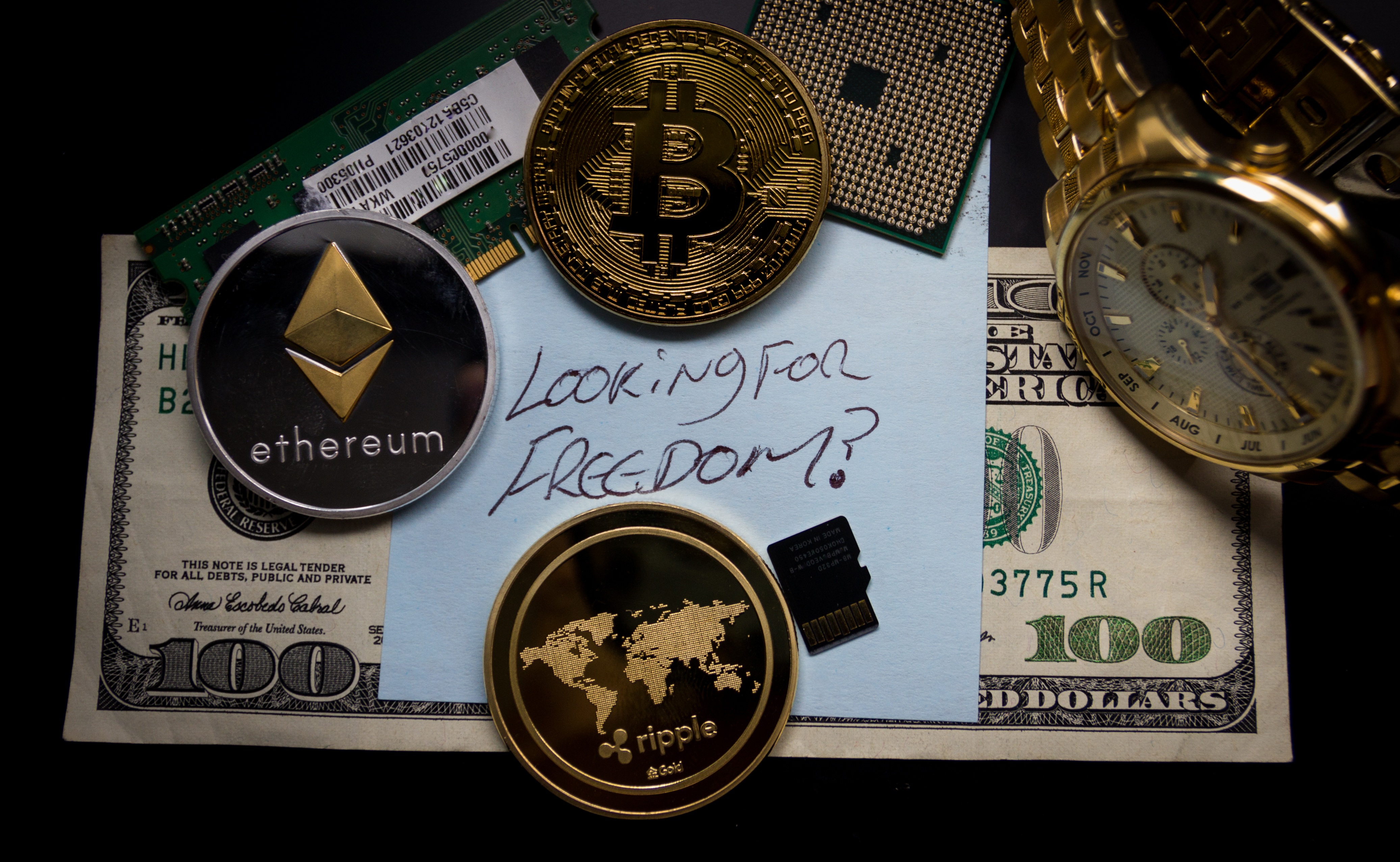
There are thousands of encrypted currencies, some worth only a few cents. The main rival of Bitcoin is Ethereum, which saw a spectacular increase in early January. Ripple, Bitcoin Cash, Cardano, Litecoin or IOTA are other major players in the world of cryptocurrencies. A short overview.
Bitcoin
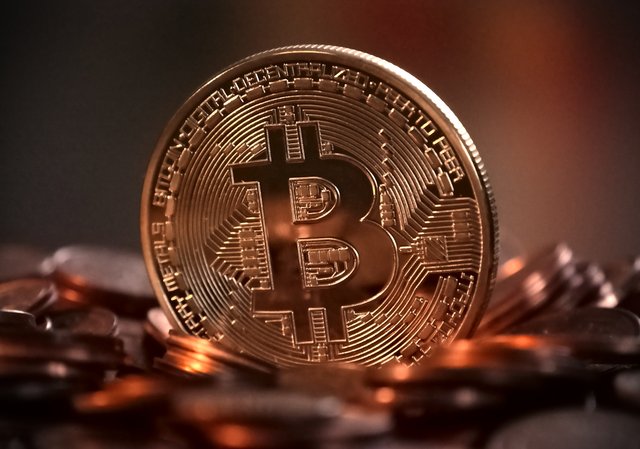
Bitcoin is the star of cryptocurrency, the first to have attracted the attention of the general public. Created in 2008, she is already celebrating her 10th birthday this year. Its inventor, Satoshi Nakamoto, remains mysterious. We do not know if it's a person or a group of people, and billionaire Elon Musk recently denied being behind this identity. This unknown corresponds to the philiosophie underlying Bitcoin, namely to provide a totally decentralized currency, without control of the States, a company or a person.

Bitcoin, like all other cryptocurrencies, is based on blockchain technology. It is a technology of storage and transmission of information, operating without a central control organ. When two users exchange encrypted currency, they are the only two to have access to the transaction, which represents a security advantage. A blockhain can be compared to a book of accounts, since all transactions are listed there, which also allows to guarantee the security of transactions.
Ethereum
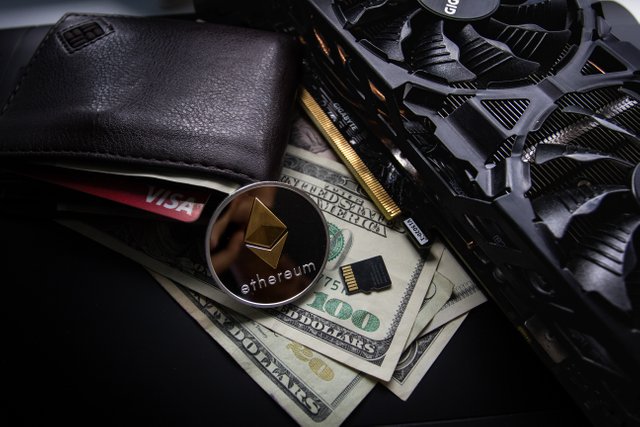
Ethereum and its currency, Ether, is now the second most popular cryptocurrency behind Bitcoin.
Ethereum was founded in 2013 by a 19 year old Russian-Canadian computer scientist, Vitalik Buterin. Launched on July 30, 2015, Ethereum, the platform that supports Ether, has seen a sharp increase in its value in recent months.
The strength of the Ethereum, otherwise comparable to Bitcoin, is based on its blockhain, the technology on which it is based. This enables smart contracts, or smart contracts. Some argue that it could be even more revolutionary than artificial intelligence, radically modifying and improving the way in which all transactions take place. The Ethereum blockchain could be no more or less than a substitute for notaries, lawyers or others by playing the role of "trusted third party" in a transaction, and by putting in place in seconds a flawless contract, much more effective than a human.
litecoin
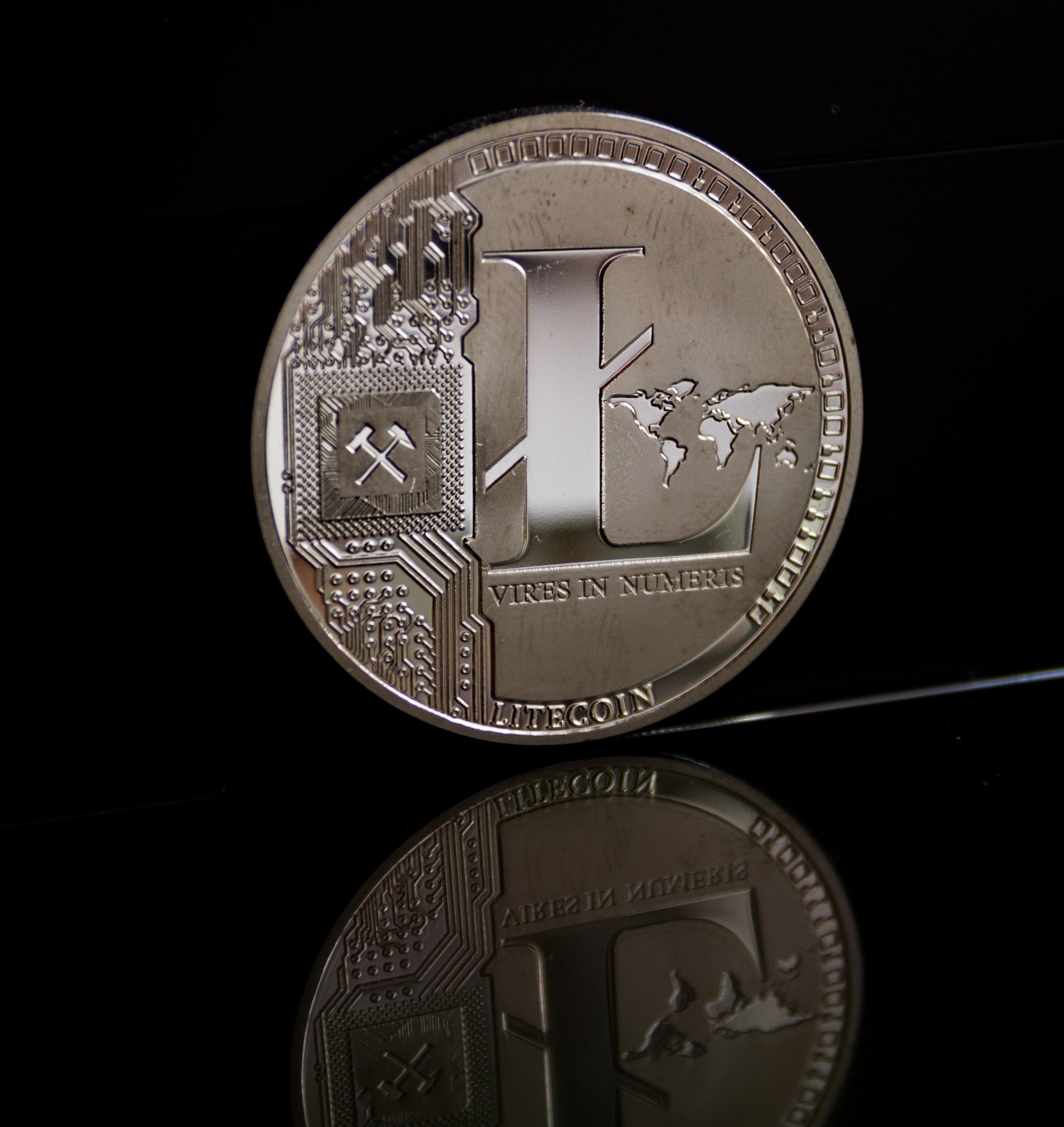
Based on Bitcoin technology, Litecoin is one of the most famous cryptocurrency, being taken into account by the most popular Coinbase trading platform.
Created in 2011 by Charles Lee, a former employee of Google, who left the source code of Bitcoin (open source), to develop its own code, Litecoin is a cryptocurrency distributed under free license.
The blockchain on which the Litecoin is based has been improved compared to that of Bitcoin. This has in particular helped to speed up the verification process and thus increase the speed of transactions, currently superior to that of its competitors. And the transaction fees are much lower than those of Bitcoin. Litecoin is thus particularly intended for daily transactions.
Like Bitcoin and most cryptocurrencies, Litecoin will be produced in a limited number. The emission rate follows a geometric series that halves every 840,000 blocks, eventually reaching 84 million Litecoins.
IOTA

If the Aether is turned towards smart contracts, the IOTA (or MIOTA) is linked to connected objects, to the Internet of Things, which some people call "fourth". industrial Revolution".
Created in 2015 by David Sonstebo, Sergey Ivancheglo, Dominik Schiener and Dr. Serguei Popov, IOTA is based on a technology that allows free and instant transactions between machines in the Internet of Things environment.
Unlike Bitcoin and most cryptocurrency, IOTA units already exist (2.779.530.283 in total), and the motto is not based on the mining system (creation of units via computers, note).
IOTA also differs from other cryptocurrencies in that it does not rely on the blockchain technology mentioned above. It is based on Tangle technology, fully decentralized, which allows transactions at no cost, secure, and instant.
The applications are numerous. The IOTA allowing micro-transactions since there are no fees, many companies, including small businesses, merchants could be interested. The Tangle technology on which the IOTA is based can also be used to transfer data, can be applied to set up electronic votes, or even serve as a basis for encrypted e-mail.
Bitcoin Cash
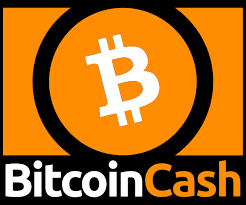
Nicknamed "the true Bitcoin" by its followers, the Bitcoin Cash was born on August 1, 2017 of a schism ("hard fork") with Bitcoin. If it is based on the same blockchain, it is faster and guarantees less expensive transactions than Bitcoin. But the latter should know soon developments to allow him to catch up with his deficit.
Bitcoin Cash has been listed by the reference cryptocurrency trading platform, Coinbase. This is only the fourth encrypted currency to enter, after Bitcoin, Ethereum and Litecoin.
Monero

Created in 2014, Monero (which means "piece" in Esperanto) does not rely on Bitcoin code but on cryptonote technology. It is safer, ensures anonymity to its users (the amount of transactions is also impossible to see from the outside) and above all is scalable, which ensures that it can support the expected increase in the volume of transactions in the years to come.
The algorithm that manages Monero mining is also described as superior to that of Bitcoin by number of users, since it allows individuals to mine without problems. Monero relies heavily on the community that supports it.
NEO
.png)
Some call NEO "Chinese Ethereum". Founded by Da Hongfei, NEO, like IOTA, is also active in the smart economy sector. "We hope the platform can be used in a variety of scenarios including a front-end scenario, such as digital asset portfolios, forums, voting systems, profile management and mobile applications. the platform also has an open API that can be used to integrate NEO with another software architecture, "explained Da Hongfei.
NEO seems to have moved beyond China's borders to become a global player. Even China's ban on cryptocurrencies did not seem to affect it.
Compared to the Ethereum, NEO has some advantages, including supporting multiple computer programming media, which should allow many new developers to participate. To simplify, it is a more open system, which should stimulate innovation.
Ripple
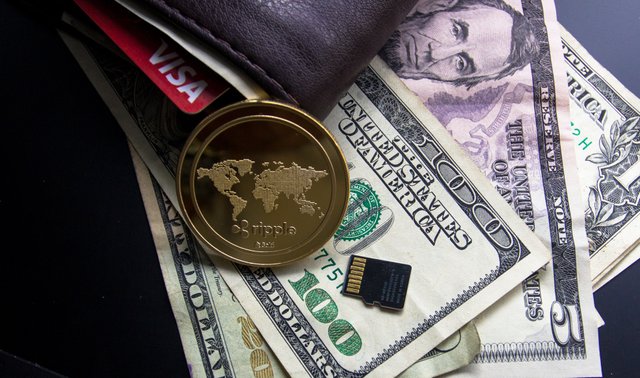
Ripple has experienced strong growth since mid-December, dethroning Bitcoin Cash on the podium of the most popular cryptocurrencies, and even more recently the Ether, to take the second place in terms of capitalization behind Bitcoin. The Ripple has the specificity to have the support of the banks: UBS, UniCredit or Santander already use its blockchain, which allows to transfer funds at no cost.
Rejected by "geeks" and "cypherpunks", who defend individual freedoms and encrypted currencies as a way out of the rut of financial institutions and states, the Ripple seems promised a bright future with the support of banks.

Great article, I'm still sitting on my ripple, I got it for nothing and hopefully one day it will be somewhere near bitcoin, hope so.
I got lucky and got in early on Neo, so I'm in the same boat. There's definitely room for multiple crypto's to succeed.
thank you for your reply ,
the ripple he has a great future but it's hard to get the bitcoin
You got a 3.84% upvote from @buildawhale courtesy of @agdali!
If you believe this post is spam or abuse, please report it to our Discord #abuse channel.
If you want to support our Curation Digest or our Spam & Abuse prevention efforts, please vote @themarkymark as witness.